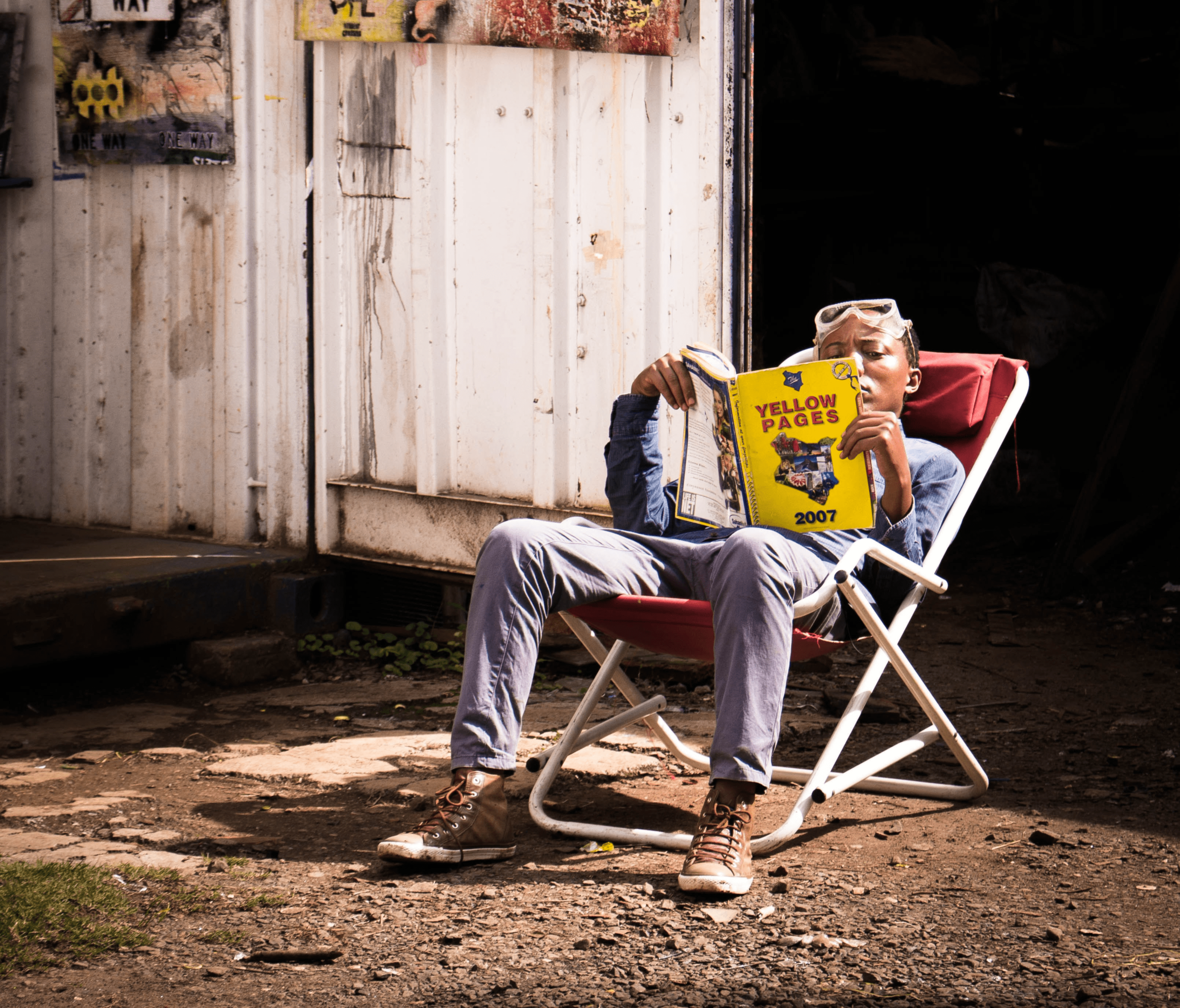The Kenyan government is increasingly becoming intolerant of the people’s will and freedom of choice by imposing several lifestyle regulations.
When the coronavirus pandemic struck in 2020, many countries assumed society’s ‘nanny.’ They seized the opportunity to impose restrictions like curfew, ban on alcohol and tobacco sales, closure of pubs, and so on. When the lockdown ended, life in some countries went back to normal, and bars reopened. However, some countries continue to increase their paternalistic policies, which often hurt consumers.
Paternalistic policies are policies that restrict the choices of individual citizens in their interests and without their consent. For instance, there’s a Bill to amend the Alcoholic Drinks Control Act, No. 10 of 2010, to ensure the packaging of alcoholic drinks is in quantities not less than 750 ml. Although, the intention is to deal with the menace of excessive drinking occasioned by the sale of low quantity packaged alcoholic drinks, which makes it accessible to youths, the consequences of this regulation, in reality, far outweigh the gains.
If this bill becomes a law, alcoholic drinks in bottles of less than 750 ml will be illegal in the country, triggering an increase in the prices of beer and spirits; it will put the drinks out of the reach of most young adults and expose them to overindulgence.
Does paternalistic regulation work?
The government needs to understand people are free to live as they desire as long as they do not harm or abuse others; this, by itself, is the foundation upon which we lay the freedom of choice.
Have you wondered why people smoke cigarettes, despite the images of the dangers of smoking on the cigarette packs? Do you know, making it illegal to sell alcohol before 5:00 pm hasn’t reduced its consumption? Lifestyle regulatory policies do not work. Instead, they create a string of problems with enormous costs. When regulations cause scarcity or an increase in prices of goods like alcohol, it fuels the black market, hurts the poor, stifles economic growth and innovation, and ultimately makes young people seek cheaper alternatives in illicit and adulterated alcohol. In the long run, this will create health risks for the public.
[perfectpullquote align=”right” bordertop=”false” cite=”” link=”” color=”” class=”” size=””]We need to understand that the value of life is not only in good health, happiness, or material possessions. We also find fulfillment in knowing we’re free creative agents with the freedom to choose.[/perfectpullquote]
So far, there’s little to no evidence about how advertising and sales restrictions have reduced alcohol consumption in Kenya. Instead, what we are seeing is a wrong approach to solving the problem.
Earlier in the year, the Institute of Economic Affairs (IEA) published its Nanny State Index in London. The Index explains that countries with more paternalistic policies do not enjoy better public health outcomes. It revealed countries with restrictive tobacco policies do not always have lower smoking rates than those with less stringent policies.
“There is a strong relationship between health and wealth,” says Christopher Snowdon, head of lifestyle economics at the IEA and the index author. He meant pursuing economic growth “would bring much greater benefits to health than coercive efforts to control personal behaviour”.
What are the consequences of restricting freedom of choice?
To fully exercise their human rights, people have to make choices. Choices like where to live, where to work, what to do for fun, what they want for their future, and who to hang out with, among others, are peculiar to every individual. Without making choices, people are less human and can not boldly say they are ‘free.’
Should we cause a price hike of alcohol to combat excessive drinking among the youths? Should we restrict adults from using tobacco if they wish because they are vulnerable to health risks?
We need to understand that the value of life is not only in good health, happiness, or material possessions. We also find fulfillment in knowing we’re free creative agents with the freedom to choose.
In Kenya’s case, if the amendment of the ongoing Alcoholic Drinks Control Act succeeds, it will create a negative impact on the economy and society. This means all the 250 ml crates, bottles, and types of machinery used by brewers will become obsolete, bringing investment made over the years to naught. This will cause financial challenges for manufacturers who may close shop, and thousands of Kenyans in the beverage sector will lose their jobs. Asides from that, cheap adulterated products packed in small quantities may proliferate the market.
This amendment is neither need-based nor adds any socio-economic value to Kenyans. If enacted, it will only give room for the government to expand its nanny role of baby-sitting Kenyans.
Edam Shem is the Kenyan Affairs Manager at the Foundation for Consumer Freedom Advancement.
Photo by Gabriele Stravinskaite on Unsplash.

